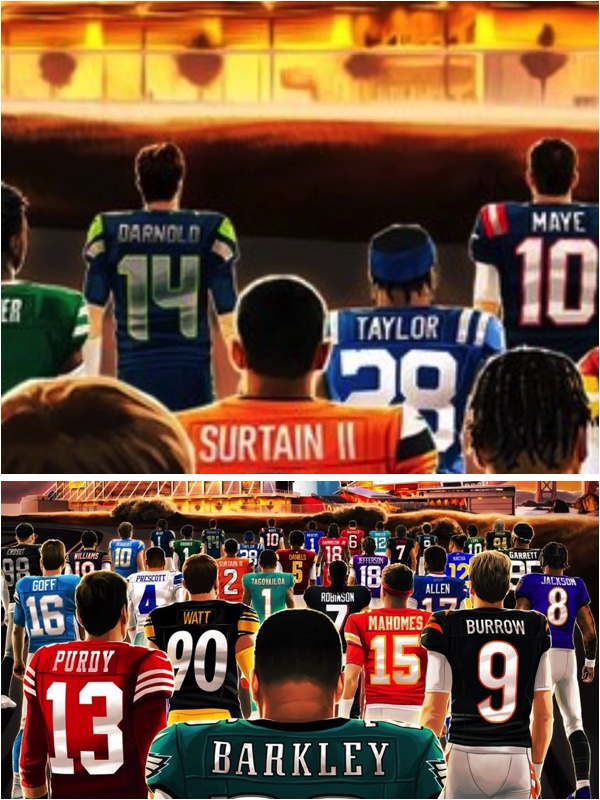At a dinner with his players, Arsenal manager Mikel Arteta secretly hired a team of professional pickpockets. The sleight-of-hand artists went around the tables, stealing phones and wallets from an unwitting first-team squad.
At the end of the meal, Arteta stood up and asked the team to empty their pockets.
Several players were missing valuable items.
The idea was to teach his squad the importance of being ready, alert, and prepared — at all times.
I was once the victim of a pickpocket. Many years ago, when Elysha and I were still just friends but on the verge of something more, she and I went to a bar with colleagues for dinner. As I exited the restroom, a man bumped into me. I thought nothing of it, but fifteen minutes later, I discovered that my wallet was missing.
Losing my driver’s license, credit cards, and cash was upsetting, but Elysha—whom I was almost certainly in love with already—offered to take me to the mall the next day to help me pick out a new wallet.
The loss of my valuable stung, but the opportunity to spend more time with Elysha more than made up for the theft. I remember being genuinely excited about shopping with Elysha the next day.
Less than two weeks later, we were together. So, who knows? Maybe that pickpocket did me a favor.
Today, I carry a wallet given to me by my mother-in-law, but that wallet I purchased at the mall with Elysha that next day sits in a drawer, waiting to be given to Charlie when the time is right.
The first thing his mother and father ever purchased together.
This Arsenal pickpocket idea is good on paper but not easily replicated in most circumstances. It’s a hell of a lot easier to do this kind of thing to a team of young athletes in a business with exceptionally limited employment opportunities and whose coach is the arbiter of their playing time and livelihood.
But in a more traditional professional setting?
“Pickpockets” is a tough expense to justify on any budget.
Human resources would also have a field day with this idea. People would likely be upset and offended upon discovering their phones and wallets had been stolen, even if it were done to make a point. Some would claim—perhaps rightfully so—that they were violated in some way during the course of the exercise.
I also suspect there are better ways to teach people to be ready, alert, and prepared at all times without having a stranger temporarily take possession of their valuables.
It’s a clever idea and makes for a great story, but would it be practical, economical, and realistic in almost any other context?
Probably not.







